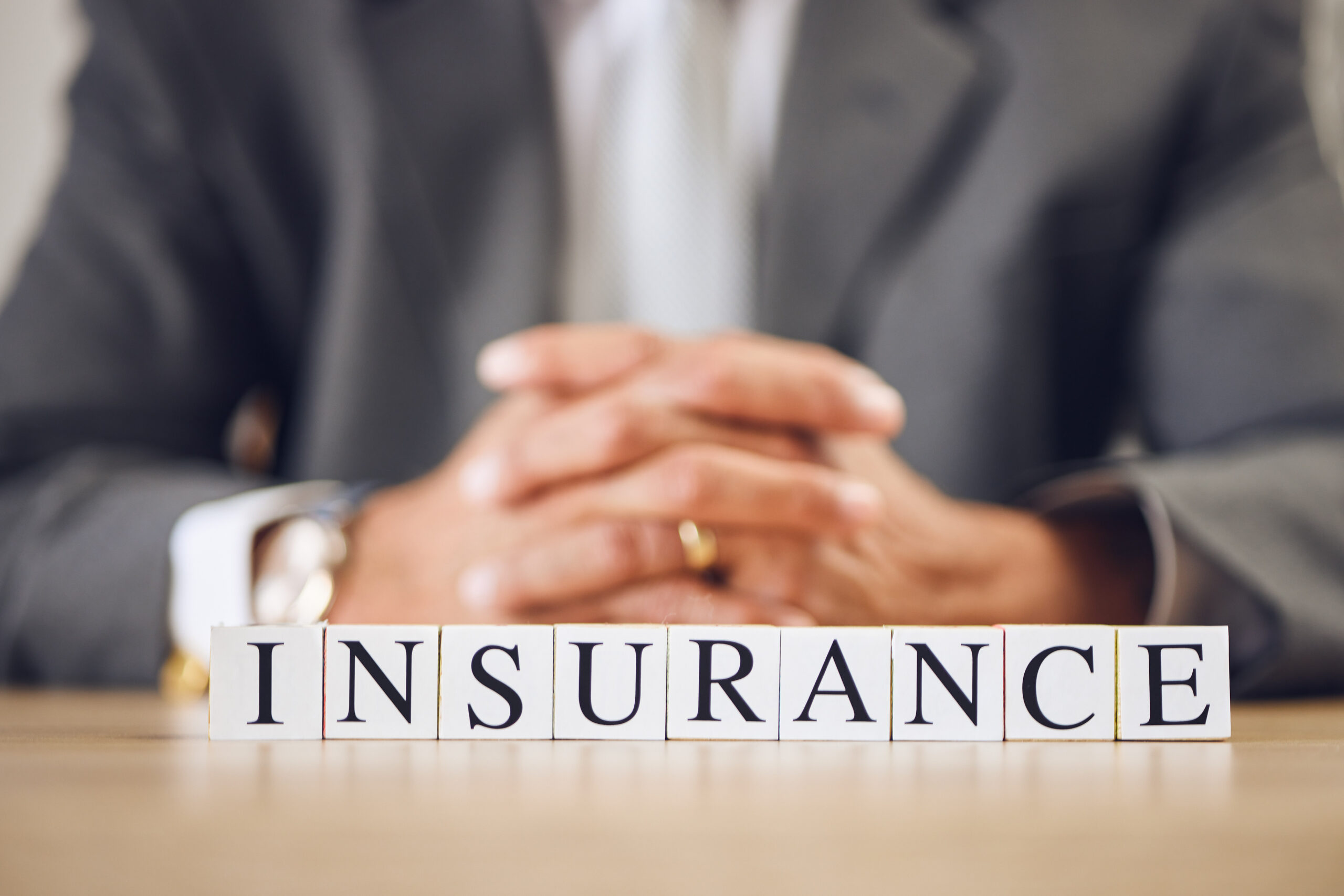Why Insurance Is Important for Every Nigerian

In Nigeria today, millions of people live without any form of insurance. For many, “insurance” sounds like something for the wealthy or something that never works. But the truth is far from that.
Insurance is necessary, as a local trader, a cab driver, student, a teacher or a politician, insurance remains a relevant back up plan. And this article explains why? Insurance will always remain important, regardless of income, location or job.
1. Nigeria Is Full of Real-Life Risks
Life in Nigeria is unpredictable. Every day, people face:
- Road traffic accidents
- Medical emergencies demanding upfront payment
- Fire outbreaks in markets and homes
- Robbery, assault and property destruction.
For a person who lacks insurance, one unlucky day can lead to bankruptcy through debts or loss of money is very likely.
With the right policy, some part of the risk is instead shifted to your insurer.
2. Financial Protection and Peace of Mind
When you have insurance, you’re not alone in a crisis.
Real-life examples:
- Car theft → Motor insurance compensates you
- Illnesses → Health insurance covers the bills.
- Fire outbreak → Property insurance helps you rebuild
- Death → Life insurance supports your family financially
Instead of panic or debt, you can focus on recovery with less anxiety.
3. Cushions Out-of-Pocket Expenses
A lot of Nigerians do not have savings for “emergencies”. Unexpected happenings can push such people into “distress sales” of properties, borrowings or begging online.
Examples:
Without insurance, a hospital bill can run down one’s year’s budget.
4. Securing A Family’s Future
In many Nigerian households, the breadwinner provides the income and in the case of unforeseen circumstances, the household can slowly drift into poverty. It helps cover:
- School fees
- Rent or mortgage
- Daily living expenses
- Business continuation
5. Business Recovery
From fire outbreaks to delivery accidents, lawsuits or excessive inflation, an issue can end years of hard work. With insurance, recovery is speedy and better.
Common business insurance types:
- Fire and burglary insurance
- Goods-in-transit insurance
- Public liability cover
- Group life insurance for staff
6. Saving and Planning
Insurance can be an investment requiring long term discipline and planning. For example :
- Endowment plans pay a lump sum after a period or upon death
- Education insurance helps save for your beneficiary’s tuition
- Pension and retirement plans secure your future income
7. Strengthening the Nigerian Economy
- Families are less likely to fall into poverty
- Businesses are more likely to recover.
- Medical costs can be paid.
There’s less pressure in a crisis generally and more confident citizens.
Currently, Nigeria’s insurance penetration is below 3%.
8. Insurance Is Affordable
Thanks to online platforms and microinsurance, even low-income earners can get covered.
Affordable options include:
- Microinsurance from ₦500/month
- Online registration and mobile claims
- Bundled health, life, and accident coverage
Trade unions, religious groups, and cooperatives also offer group plans with lower premiums.
9. Few Insurances are legally mandatory.
In Nigeria, several types of insurance are legally compulsory.
Examples of mandatory insurance:
| Policy Type | Who Needs It |
| Motor third-party insurance | Vehicle owners |
| Group life insurance | Employers with more than 3 staff |
| Builder’s liability cover | Real estate developers, construction companies. |
| Occupier’s liability policy | Owners of public buildings and properties. |
10. Insurance Gives You Confidence and Freedom
With coverage in place, you live without fear of total loss, invest and make confident plans for the future.
Common Insurance Myths in Nigeria—Debunked
| Myth | Reality |
| Insurance is only for the rich | Microinsurance is affordable for low-income Nigerians |
| Insurers never pay claims | Licensed companies regulated by NAICOM must honor valid claims |
| It’s better to save instead | Savings help, but insurance offers better financial support. |
Call to Action
Do you have insurance yet?
- Start with health or motor insurance
- Protect your shop or business today
- Ask your insurer about education or life plans
- Always confirm the company is NAICOM-licensed via naicom.gov.ng
Insurance is not a scam. Share this guide with someone you care about. It could save them from future hardship.



















